Research
Core Facilities

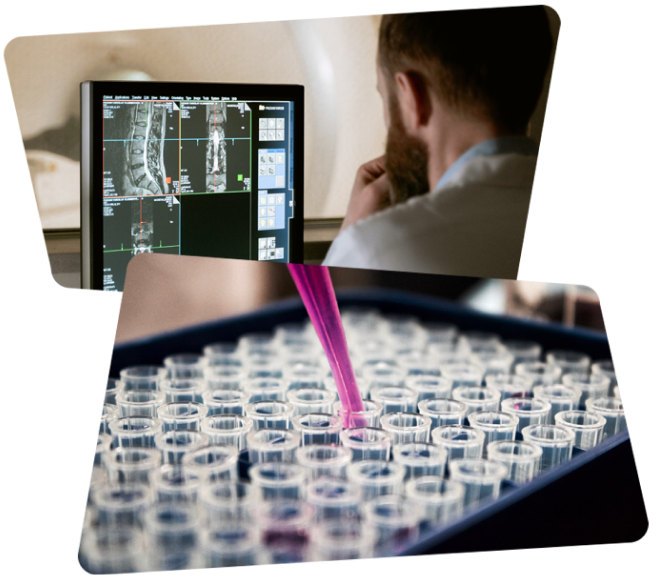
The Technion core facilities, supported by the Ruth and Bruce Rappaport Cancer Research Center (RTICC), offer a wide range of core services.
Located at both the main Technion campus and the Rappaport Faculty of Medicine, these facilities include, among others, the Biomedical Core Facility (BCF), the Azrieli Technion Genomics Center (ATGC), the Smoler Protein Research Center, and the Infrastructure Center for Life Sciences and Engineering (LS&E).
By offering cutting-edge tools and technologies as well as expert support, the core facilities empower scientists to address key challenges in cancer research, accelerate discoveries, and contribute to the global fight against cancer. Through this vital infrastructure, the RTICC continues to enhance the Technion's contributions to cancer research.

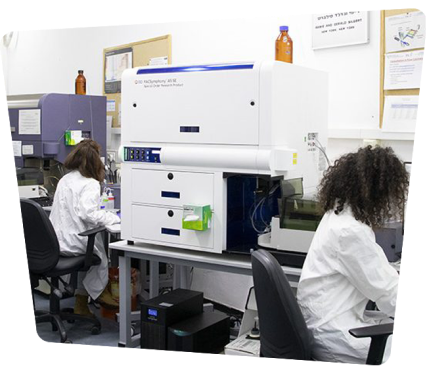
The Biomedical Core Facility (BCF) at the Faculty of Medicine is a one-stop shop for state-of-the-art technology and expertise. Over the years the Faculty of Medicine, together with the Technion, has been committed to providing excellent resources to all scientists, investing in both advanced instruments and highly-trained personnel to operate the equipment and support investigators. At the BCF, researchers receive help at all experimental stages: design, execution, and data analysis.
The BCF services include several units: light microscopy, in vivo imaging, electron microscopy, histology services, flow cytometry, mass cytometry, and genomics, all of which are supported by miscellaneous research equipment. Access to these resources is available to all researches, both in academia and industry, using our online ordering system.

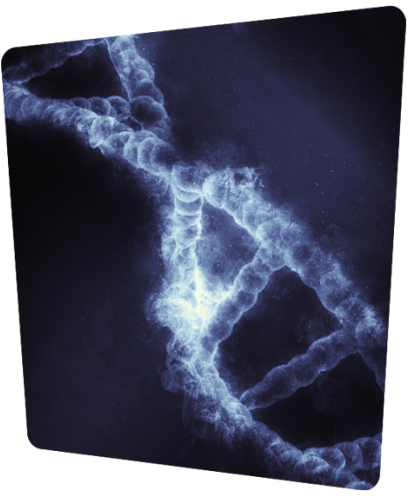
As part of the LS&E Infrastructure Center since 2009, the Azrieli Technion Genomics Center (ATGC) has poised itself at the forefront of next-generation sequencing technology. The ATGC provides researchers from various disciplines with state-of-the-art services for achieving cutting edge breakthroughs.
The team includes PhDs specializing in genomics, dedicated bioinformaticians, and molecular biology specialists who have a proven record of working together with researchers from a multitude of academic institutions throughout Israel as well as industry. In addition to next-generation sequencing, the ATGC team is happy to help researchers design experiments, prepare sequencing libraries, and provide initial bioinformatic analyses.
The ATGC’s mission is to maintain and expand its role as Israel’s leading sequencing facility. In order to accomplish this, the center is continuously upgrading its state-of-the-art equipment as new technology becomes available.


The Preclinical Research Authority is the Technion’s AAALAC-accredited infrastructure for bio-medical research. The PCRA comprises a skilled veterinary staff, animal technicians, and care takers, who provide care for the health and welfare of all animals under research, supporting researchers in all aspects necessary to comply with the ethical principles of animal research (the 3R’s).
The PCRA is equipped with operating rooms, modern equipment (anesthesia, monitoring, surgery, data acquisition etc.) as well as advanced imaging systems, which reduction and refinement in the process of animal research.
The PCRA applies the standards of husbandry, enrichment, and care that meet the unique needs of all species according to AAALAC.


The Laura and Isaac Perlmutter Metabolomics Center was established through a generous donation from the Laura and Isaac Perlmutter Foundation, which is dedicated to improving the lives of others, with a particular focus on health care, social justice, the arts, and community initiatives.
The Metabolomics Center supports metabolism-focused research through measurements of small molecules in diverse biological samples, alongside the assessments of oxidative phosphorylation, glycolysis and other energy metabolism processes in live cells. These complementary methodologies enable a comprehensive understanding of metabolic processes.
The center operates according to a collaborative model in which users are actively trained in the design of experiments, preparation of samples, and data analysis, all tailored to each specific study. The Metabolomics Center strives to create a mutual language with collaborators and provide broad support for research projects at all stages, working with a wide range of sample types, including (but not limited to) cells, tissues, and biological fluids (blood, urine, saliva, CSF) from human subjects, research animals, and other organisms.
The center offers a variety of well-established methods for both targeted and untargeted metabolomic assays using state-of-the-art analytical instrumentation as well as developing novel methods to extend the center’s capabilities.

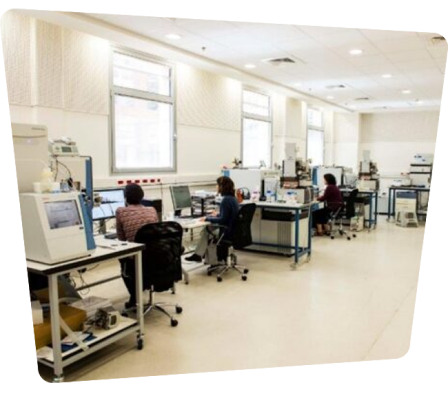
The Smoler Proteomics Center is the Israeli national infrastructure hub for proteome analysis. It was established by the Technion and Israeli Ministry of Science to facilitate a direct access to state-of-the-art technologies, instrumentation, and know-how in the fields of protein purification and analysis for researchers from universities, research institutes, hospitals, and biotechnology companies. The Center’s staff comprises six personnel with diverse background and skills in areas such as biology, chemistry, biomedical engineering, and mass spectrometry.
Activities performed at the center range from identifying and quantifying proteins to large-scale comparisons of proteins and their posttranslational modifications in healthy and diseased states. The center offers direct access to its technology and expertise, including protein and peptide mass spectrometry, micro-chromatography, two-dimensional chromatography, and electrophoresis as well as the analysis of minute amounts of proteins. The Center’s services and research collaboration are provided on a first come-first served basis.
The in-house research focuses mainly on small cell lung carcinoma, ovarian carcinoma, and leukemia, as well as various autoimmune diseases. These types of projects include developing early diagnostic kits for cancer, developing cancer vaccines, identifying markers for autoimmune diseases, and examining changes in protein repertoires related to treatments.

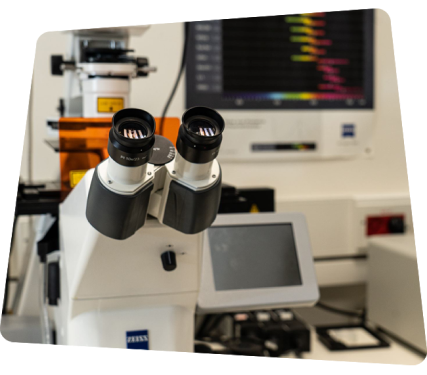
The Life Science and Engineering (LS&E) Infrastructure Center was established in a joint effort by the Lorry I. Lokey Interdisciplinary Center for Life Sciences and Engineering and the Russell Berrie Nanotechnology Institute at the Technion- Israel Institute of Technology, to provide researchers from various life science and engineering disciplines with a state-of-the-art infrastructure center.
The center provides cutting-edge instruments and services to researchers from the Technion, other academic institutes, and the industry who come from diverse disciplines, such as biology, biotechnology, bioengineering, chemistry, chemical engineering, food engineering, material engineering, and physics, among others.
The center offers services in the fields of light microscopy and imaging, flow cytometry, and next-generation sequencing.
The center operates as a ‘knowledge-based’ center and its experienced and professional staff supports all researchers, from designing the experiments, working on the instrumentation, and further analysis of the results.

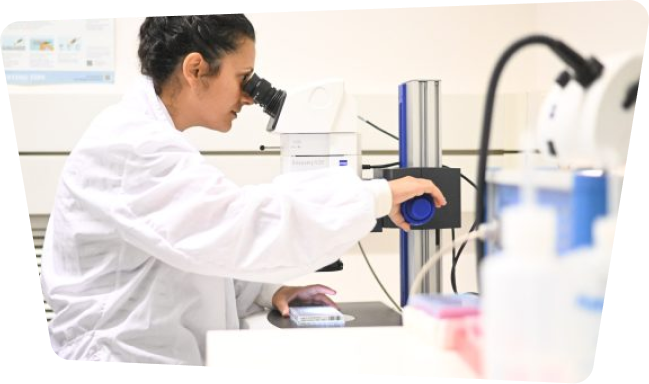
The primary mission of TCSB is to facilitate and engage in the training and development of Structural Biology research at the Technion, enabling researchers to conduct cutting-edge structural investigations at the molecular level. To achieve this goal, the center offers both expertise and state-of-the-art infrastructure for high-resolution macromolecular crystallography, computational and biophysical research allowing insights on Biology at the atomic level.
Technological advances for unraveling genome sequences allow scientists to map the genetic basis for life. Current and future challenges evolve around understanding the roles of distinct DNA sequences that encode for specific biological macromolecules, such as proteins and RNA, which are in charge of most of the biological processes in living organisms.
Structural Biology is a branch of life sciences that addresses the huge challenge in understanding the role of the many thousands of biological macromolecules, by deciphering their distinctive three-dimensional structures.
Since each macromolecule has a unique structure that dictates its distinctive biochemical activity, revealing its three-dimensional structure, at the molecular level, is crucial for fully understanding its function. Furthermore, the structure could further play a key role in therapeutics by enabling protein engineering and drug design.

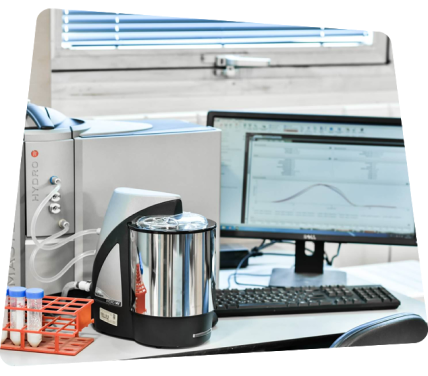
The nanoparticles thermal and mechanical characterization center was established by the Russell Berrie Nanotechnology Institute, at the Faculty of Biotechnology & Food engineering. The center is a multidisciplinary research facility located at Technion- Israel Institute of Technology.
This center was founded in order to provide accessibility and support for a variety of research facilities and techniques involving nanometric and colloidal systems, as well as for academic teaching and relevant industrial projects.


The IRCF website acts as a knowledge center of the core facilities in Israel: experts, equipment, services, educational activities, and contact details – aiming to make them accessible to everyone in order to promote collaborations and maximize their potential for the benefit of the entire Israeli scientific ecosystem (academia, hospitals, and industry).




